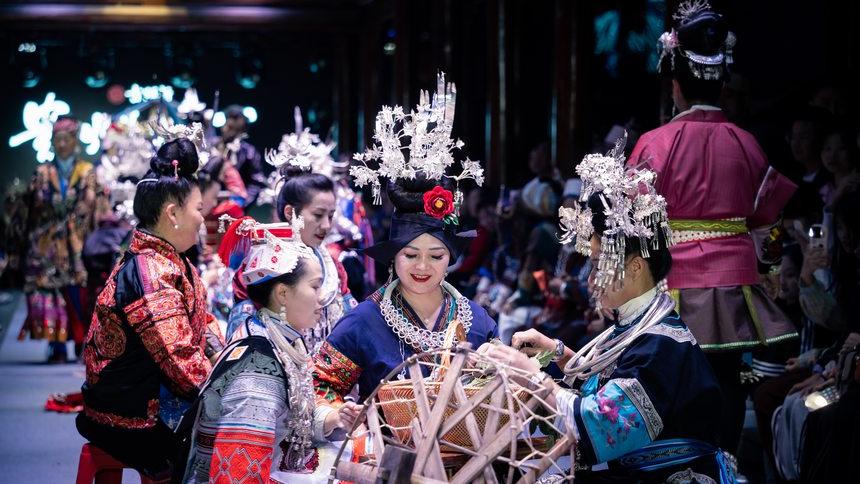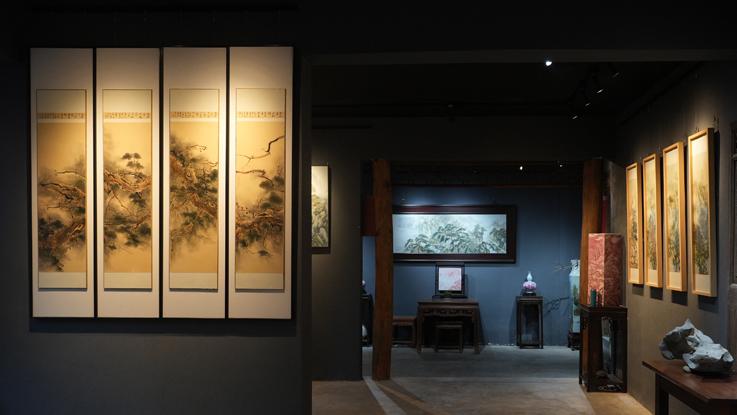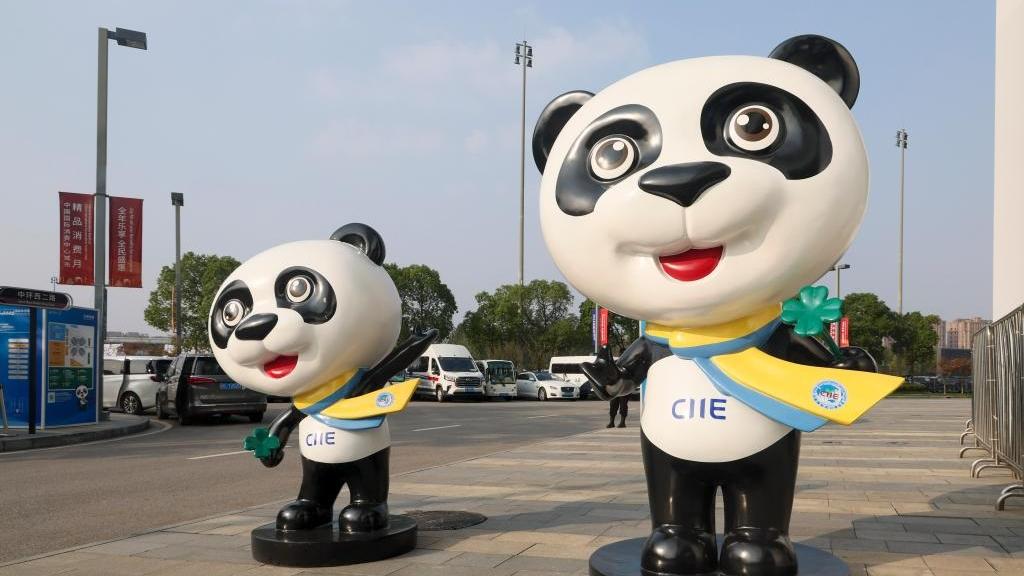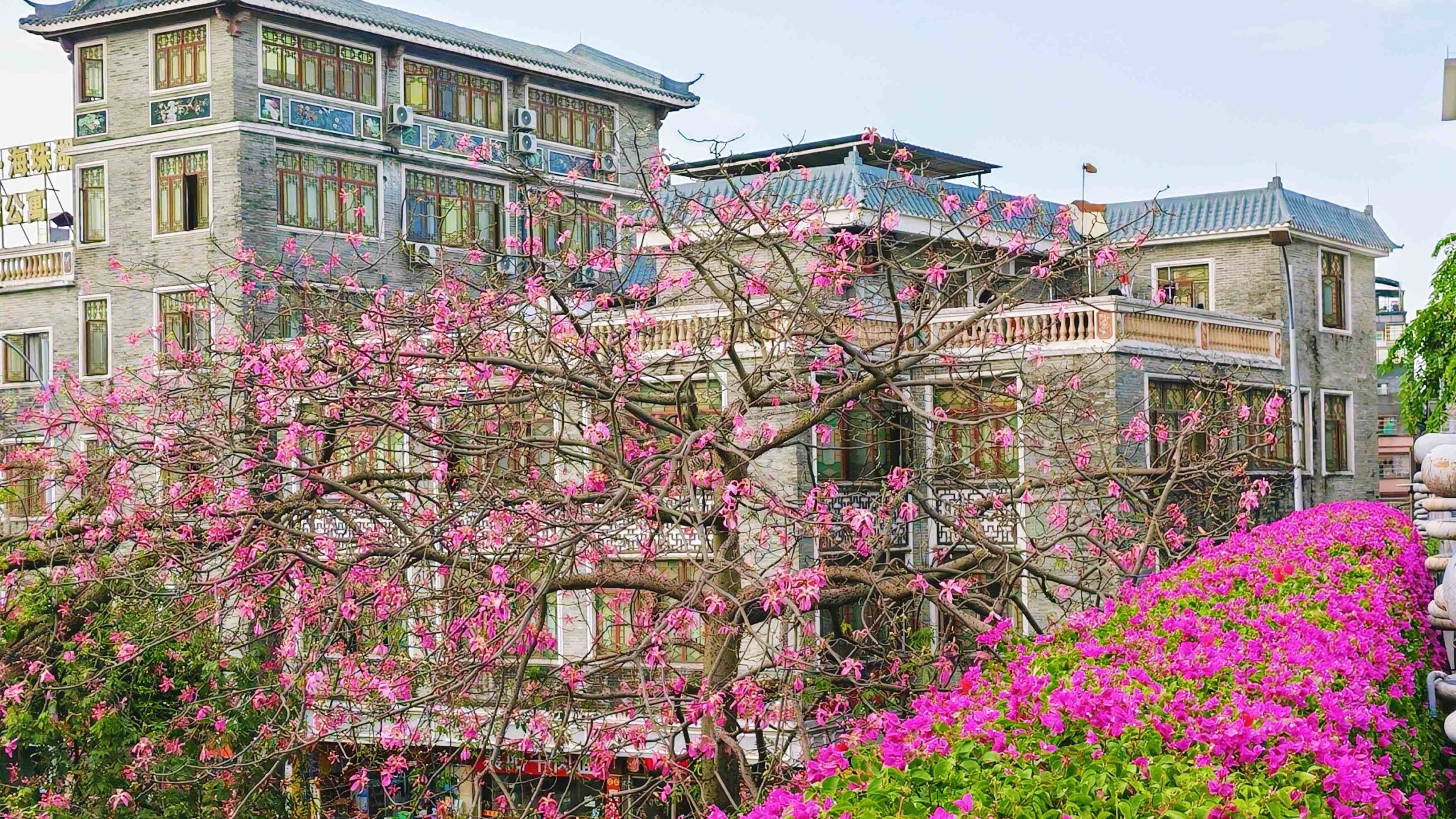How the CIIE is a catalyst for China-Africa synergy and shared prosperity
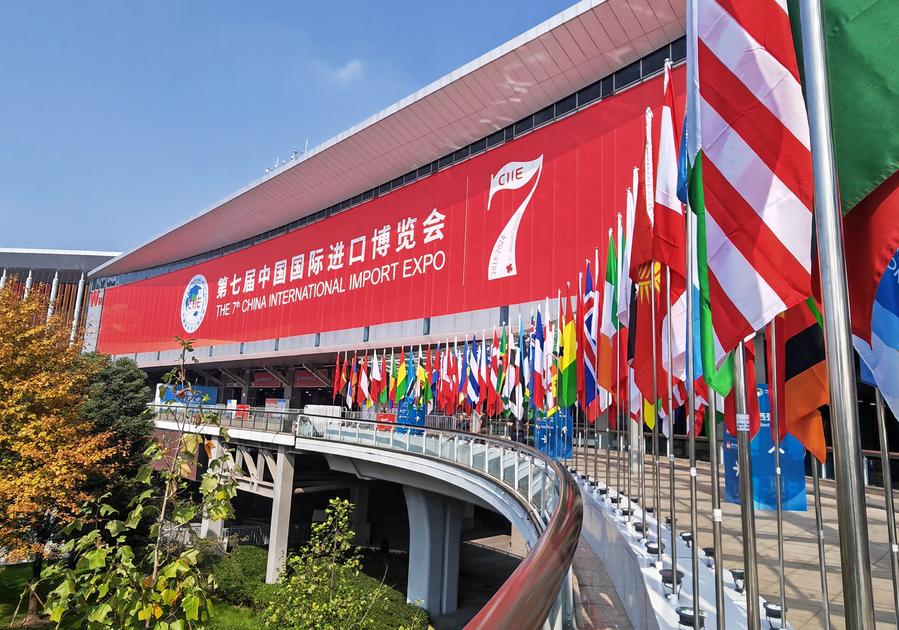
This photo shows the National Exhibition and Convention Center (Shanghai), the main venue for the 7th China International Import Expo (CIIE), in east China's Shanghai, Nov. 4, 2024. (Xinhua/Yin Gang)
China's trade promotion measures have significantly boosted Africa's exports to China. In the first nine months of this year, China's imports from Africa reached 626.74 billion yuan (about 87 billion U.S. dollars), marking a 10.3 percent year-on-year increase, according to data from the General Administration of Customs.
SHANGHAI, Nov. 6 (Xinhua) -- This year marks a milestone in China-Africa relations.
At the 2024 Summit of the Forum on China-Africa Cooperation (FOCAC) in September, China announced it would unilaterally expand its market and pledged support for African products through platforms like the China International Import Expo (CIIE).
Two months later, the 7th CIIE opened in Shanghai. Various African products were showcased, and investment talks took place, aiming to turn China's big market into an ample opportunity.
China's sincerity in continuing to open up has been showcased to the world through the CIIE, as well as its principles of sincerity, real results, amity and good faith toward Africa.
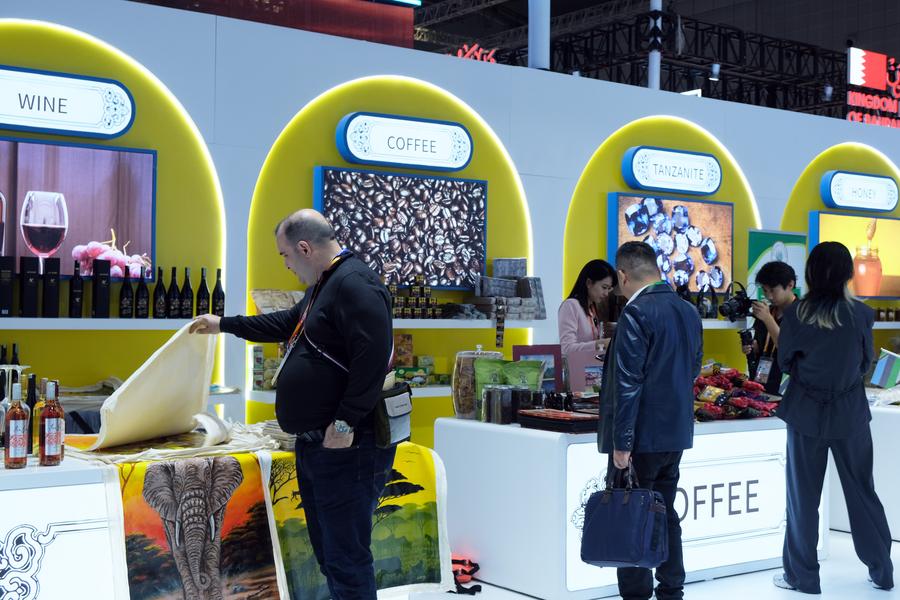
People visit the Tanzania Pavilion during the seventh China International Import Expo (CIIE) in east China's Shanghai, Nov. 5, 2024. (Photo by Zhou Xinyi/Xinhua)
OPEN MARKET
Since its first edition in 2018, the CIIE has leveraged China's vast market advantages and served as a vital platform for international procurement, investment promotion, and openness and cooperation. As China opens its door to Africa wider, more agricultural products are joining the CIIE to gain a share of the Chinese market.
Ethiopian coffee is a familiar presence at the expo. Since its debut in 2019, Ethiopian coffee has gained significant recognition and increased visibility in the Chinese market, said Ruth Wondosen Tesfaye from Addis Coffee.
"CIIE offers a unique platform to engage directly with consumers and distributors, which will be invaluable for enhancing our export strategies," Ruth told Xinhua in Shanghai, adding that China's large market and increasing demand for unique products, such as coffee from Ethiopia, present immense potential for African businesses.
This is the first CIIE for Madagascar's mutton products this year. China imported its first mutton from Africa in September when mutton from Madagascar was cleared at Changsha Customs in central China.
Michel Anondraka, director general of agriculture and livestock at Madagascar's Ministry of Agriculture and Livestock, said in a recent interview with Xinhua that China's huge market would boost production for local livestock farmers and speed up the African country's agricultural modernization.
Tanzanian honey also made its debut this year. "This expo is a significant opportunity for honey businesses across Tanzania, as it not only paves the way for our products to enter the Chinese market but also marks a solid step for Tanzanian honey brands in the global market," said Jackson Mponela, production manager for commerce and development at Tanzania Future Enterprises Company Limited, which produces, processes, packages, and sells beekeeping products.
Khozeni Farming from South Africa joined this year's expo for the first time with their avocados. Nkateko Khoza, CEO of the farming company, told Xinhua that the Chinese market will bring new growth opportunities for the South African avocado industry, adding that the opportunity will allow the company to at least double its growth in the next three to five years.
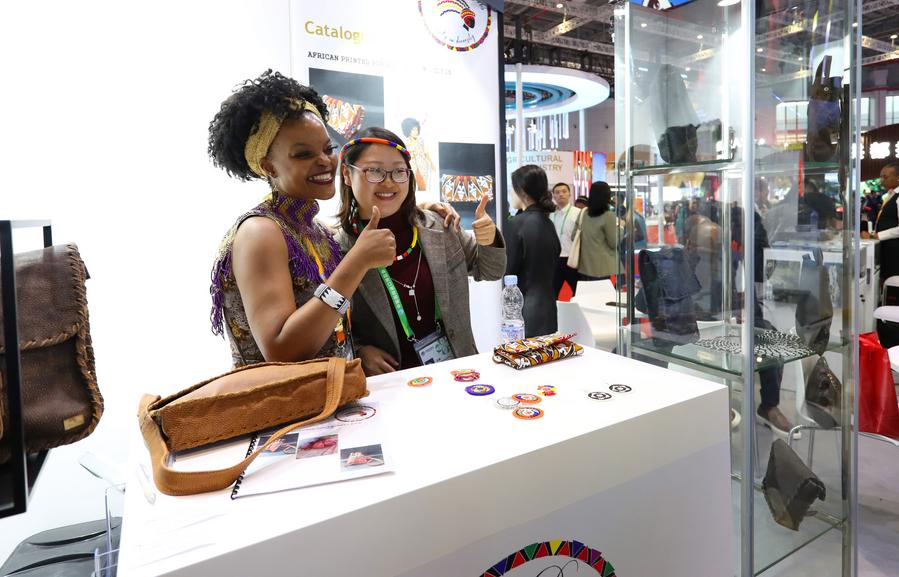
People pose for photos at the booth of South Africa at the 6th China International Import Expo (CIIE) in east China's Shanghai, Nov. 6, 2023. (Xinhua/Fang Zhe)
POLICY SUPPORT
Philip Myburgh, group head of trade at Standard Bank Business and Commercial Banking, told Xinhua in a written interview that policy support is one of the main drivers of the growing economic and trade cooperation between China and Africa.
He explained that under the FOCAC, there are broad initiatives supporting African countries' participation in the CIIE to facilitate trade.
Since the 8th FOCAC Ministerial Conference in 2021, China and Africa have steadily advanced the forum's initiatives, including the "green channel" for African agricultural products entering China. Inspection and quarantine processes have been expedited, and tariff exemptions expanded, benefiting Africa's flower industry, avocado, citrus, coffee and other agricultural products.
China's trade promotion measures have significantly boosted Africa's exports to China. In the first nine months of this year, China's imports from Africa reached 626.74 billion yuan (about 87 billion U.S. dollars), marking a 10.3 percent year-on-year increase, according to data from the General Administration of Customs.
This year, the CIIE welcomes Mauritian sugar. Since the China-Mauritius Free Trade Agreement took effect in 2021, Mauritius's sugar industry has seen opportunities in the Chinese market.
Sugarcane is one of the most important crops on the island, which is known as the "Sweet Island." Once accounting for nearly a third of the country's GDP and over 90 percent of export revenue, the sugar industry still contributes over 2 percent to Mauritius' GDP.
Devesh Dukhira, CEO of the Mauritius Sugar Syndicate, told Xinhua that the Chinese market's long-term contribution will be substantial, thanks to the CIIE and the China-Mauritius FTA.

This photo taken on Nov. 5, 2024 shows the Tanzania Pavilion during the seventh China International Import Expo (CIIE) in east China's Shanghai. (Xinhua/Yin Gang)
GLOBAL SOUTH
This year at the CIIE, the Global South is heavily featured. The 7th Hongqiao International Economic Forum has spotlighted "Sustainable Development of Global South and China-Africa Cooperation" as a key topic for discussion, aiming to offer insights and recommendations for fostering inclusive growth within the least developed countries.
Myburgh said the CIIE can play a crucial role in helping developing countries reduce poverty and achieve sustainable development by providing access to new markets, investments, technology, and knowledge.
China has always been committed to promoting South-South cooperation. During this year's FOCAC Beijing Summit, China announced it has decided to give all the least developed countries having diplomatic relations with China, including 33 countries in Africa, zero-tariff treatment for 100 percent tariff lines. This has made China the first major developing country and the first major economy to take such a step.
The action plan, adopted at the Beijing summit, which outlined 10 partnership initiatives to guide the next phase of China-Africa cooperation, could have a far-reaching impact on the people of Africa, said Peter Kagwanja, Chief Executive at the Africa Policy Institute in Kenya.
"What we appreciate is the fact that China is opening up the market for Africa," he told Xinhua at this year's CIIE. "China is a real and true friend of Africa."
Photos
Related Stories
Copyright © 2024 People's Daily Online. All Rights Reserved.






